
You’ve seen the avocado jokes and side hustles—but that’s just the surface. Millennials quietly reshaped how we live, work, and connect, and their influence still runs deep. From values to habits, their choices became the blueprint for modern life. Want to see which shifts still shape your day? Tap in and trace the trends that stuck.
The Rise Of The Digital Nomad Lifestyle
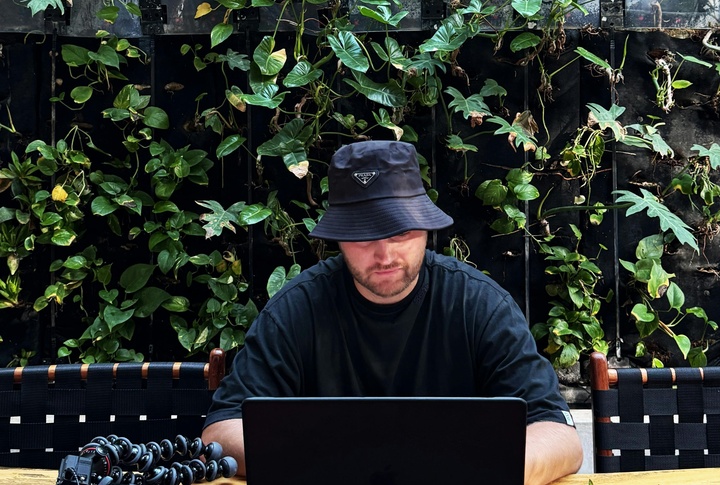
The need to report to a physical office is an outdated concept now. Young professionals quickly realized they could use digital tools and connectivity to leave traditional desks behind. Remote work successfully shifted into a global, location-independent way of life. Countless individuals today easily combine serious career ambition with the absolute freedom of world travel.
The Social Media Identity Era
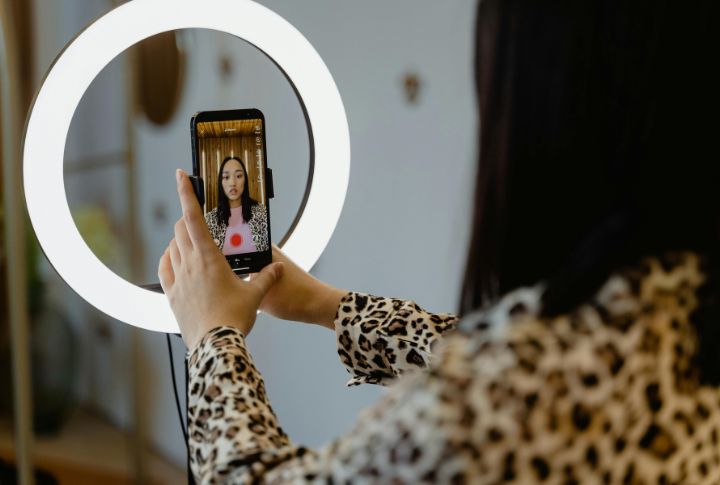
Social platforms weren’t just tools for Millennials—they became stages for carefully crafted personas. This generation pioneered the art of turning profiles into personal brands before anyone called it that. Every post, photo, and bio became deliberate self-expression. The influencer economy didn’t exist until they proved you could build careers from curated feeds and strategic sharing.
The Experience Over Possessions Movement

Previous generations measured success through property and luxury items. Millennials rejected that blueprint entirely. They’d rather spend on travel adventures, concert tickets, or memorable meals than on another piece of furniture. This philosophy reshaped entire industries. Collecting moments replaced collecting things.
The Mental Health Awareness Revolution

It took genuine courage for early individuals to speak openly about anxieties and professional burnout. Those honest discussions quickly broke down the long-standing societal stigma surrounding emotional well-being. Currently, mental wellness has become a mainstream expectation everywhere. The shift led directly to the acceptance of mental health days and proper workplace support programs.
The Gig Economy Boom
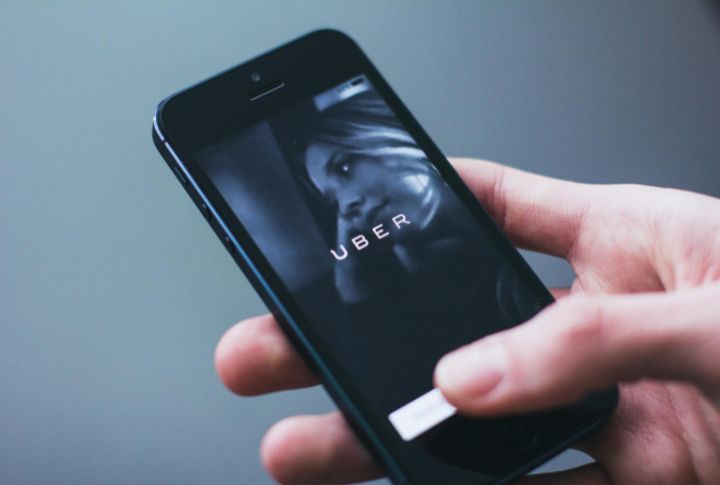
The traditional idea of a 9-to-5 job with guaranteed tenure seems completely irrelevant now. Younger professionals eagerly embrace platforms like Fiverr, Uber, and Etsy instead. Millennials prioritized the flexibility of their schedules and running diverse side projects over corporate rigidity. The transformation changed the labor market into a fluid, project-based system, making freelancing the common career choice.
The Streaming Culture Takeover
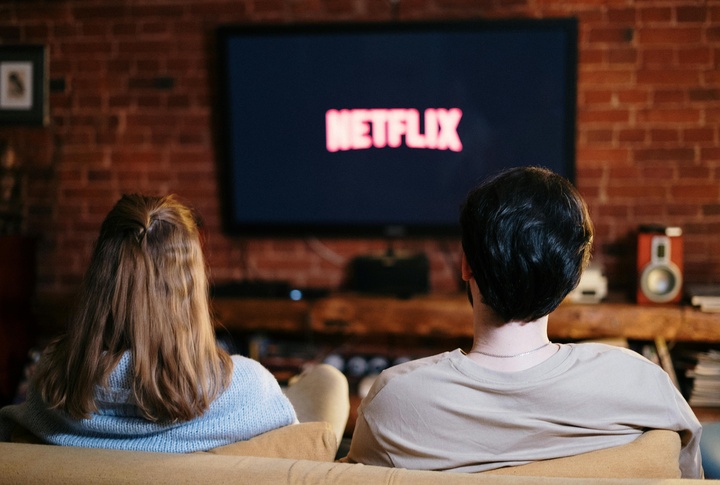
Waiting for your favorite show to air at 8 PM on Thursdays? Millennials killed that ritual. They cut cable cords and demanded everything on-demand through Netflix and Spotify. Binge-watching entire seasons in one sitting went from weird to standard weekend behavior. Entertainment companies suddenly had to serve audiences who expected instant access, not scheduled programming.
The Political And Social Activism Rebrand
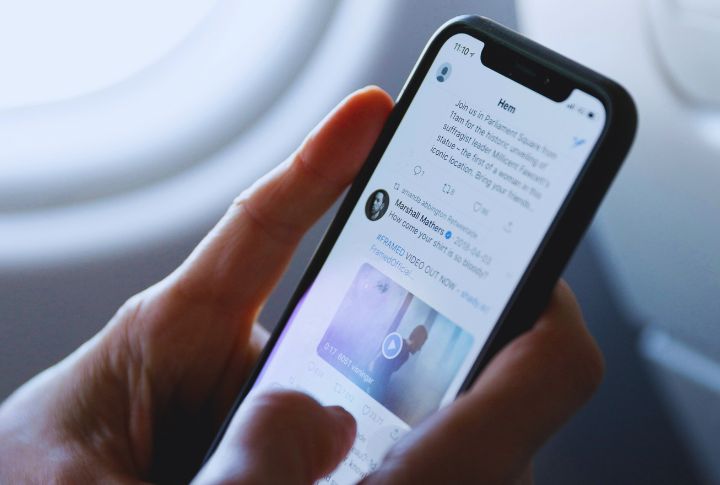
Hashtags became weapons for change in Millennial hands. Twitter threads transformed into protest movements, and Instagram posts drove corporate accountability like never before. One viral moment could shift public opinion or force policy changes faster than traditional lobbying ever could. Brands learned quickly that staying silent wasn’t an option anymore when this generation demanded action.
The Decline Of Organized Religion
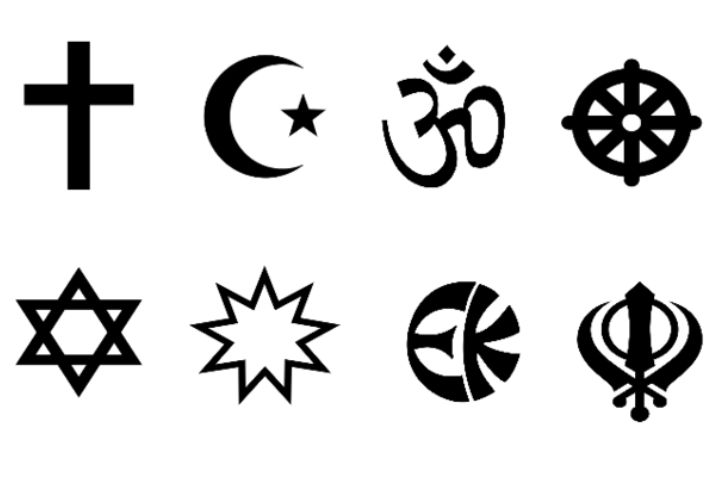
Today, many people are choosing highly individual ways to find meaning and community. Millennials represent a strong historical move away from formal religious institutions, often viewing traditional doctrines as inflexible. Many identify as spiritual but unaffiliated at present. The sincere pursuit of personal fulfillment has entirely replaced institutional faith as the primary focus in modern society.
The Redefinition Of Success And Career Stability

Millennials tossed out the old playbook where success meant climbing one ladder until retirement. They questioned why happiness should wait decades and pushed back against the grind-until-you-drop mentality. Now, flexibility matters more than corner offices, and fulfillment beats impressive titles. This generation made it acceptable to chase meaning over money.
The Normalization Of Online Dating
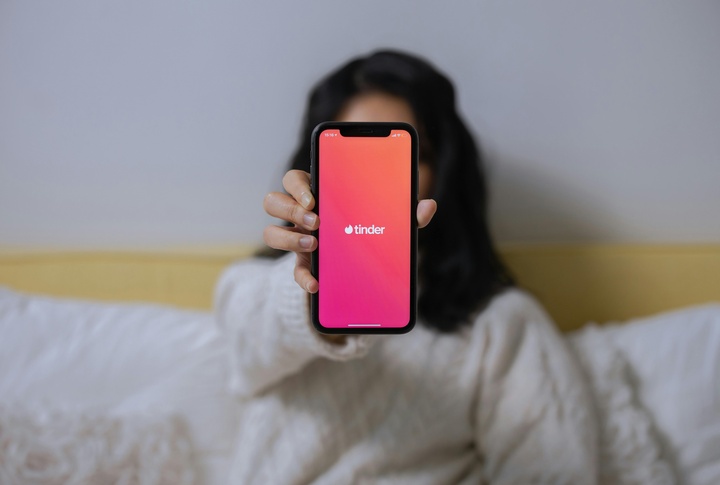
Dating apps felt sketchy and desperate before Millennials embraced them without embarrassment. Swiping became the default way to meet romantic partners, making algorithms more trusted than blind dates. A Tinder origin story turned into a normal dinner party conversation instead of something to hide. What once seemed unconventional is now so standard that skipping apps altogether feels almost outdated.

